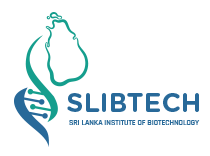Advancing Next Generation Sequencing in South Asian Region: A Residential Workshop for International and Local Attendees-6 – 10 May 2024
The field of genomics has seen significant advancement in recent years, with NGS playing a pivotal role in enabling large-scale and high-throughput genome sequencing. However, NGS’s sheer volume of data presents substantial challenges regarding data storage, management, and analysis. This is where the application of deep learning techniques can be beneficial. Deep learning has proven to be a powerful tool in a wide range of applications, from image and speech recognition to natural language processing in the field of genomics; deep learning has been used to improve the accuracy of variant calling and annotation, as well as to identify novel patterns and insights in NGS data. The workshop on NGS and its application in deep learning was designed to provide an overview of the field of genomics, the role of NGS in advancing our understanding of biology, and the application of deep learning techniques to NGS data.

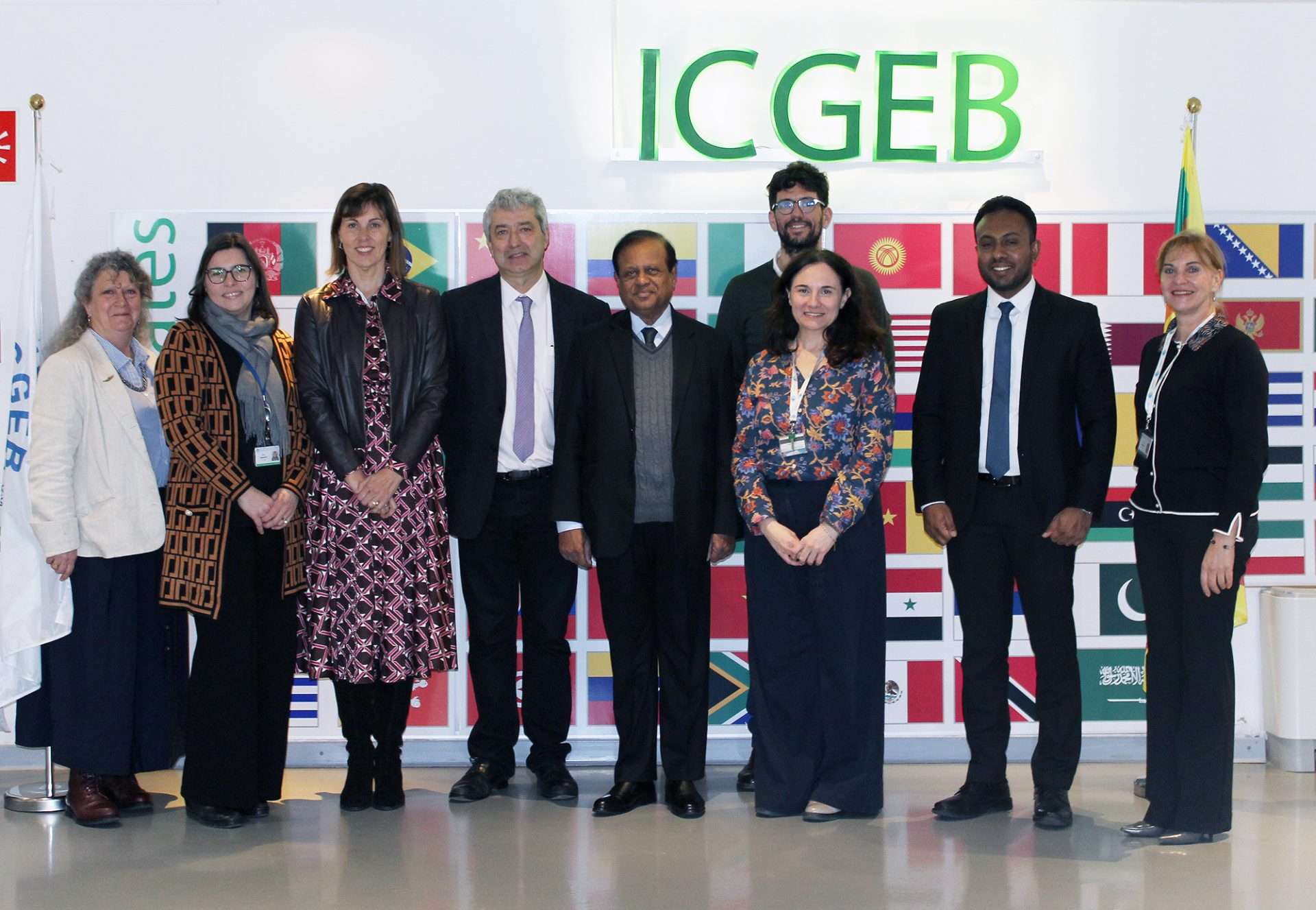






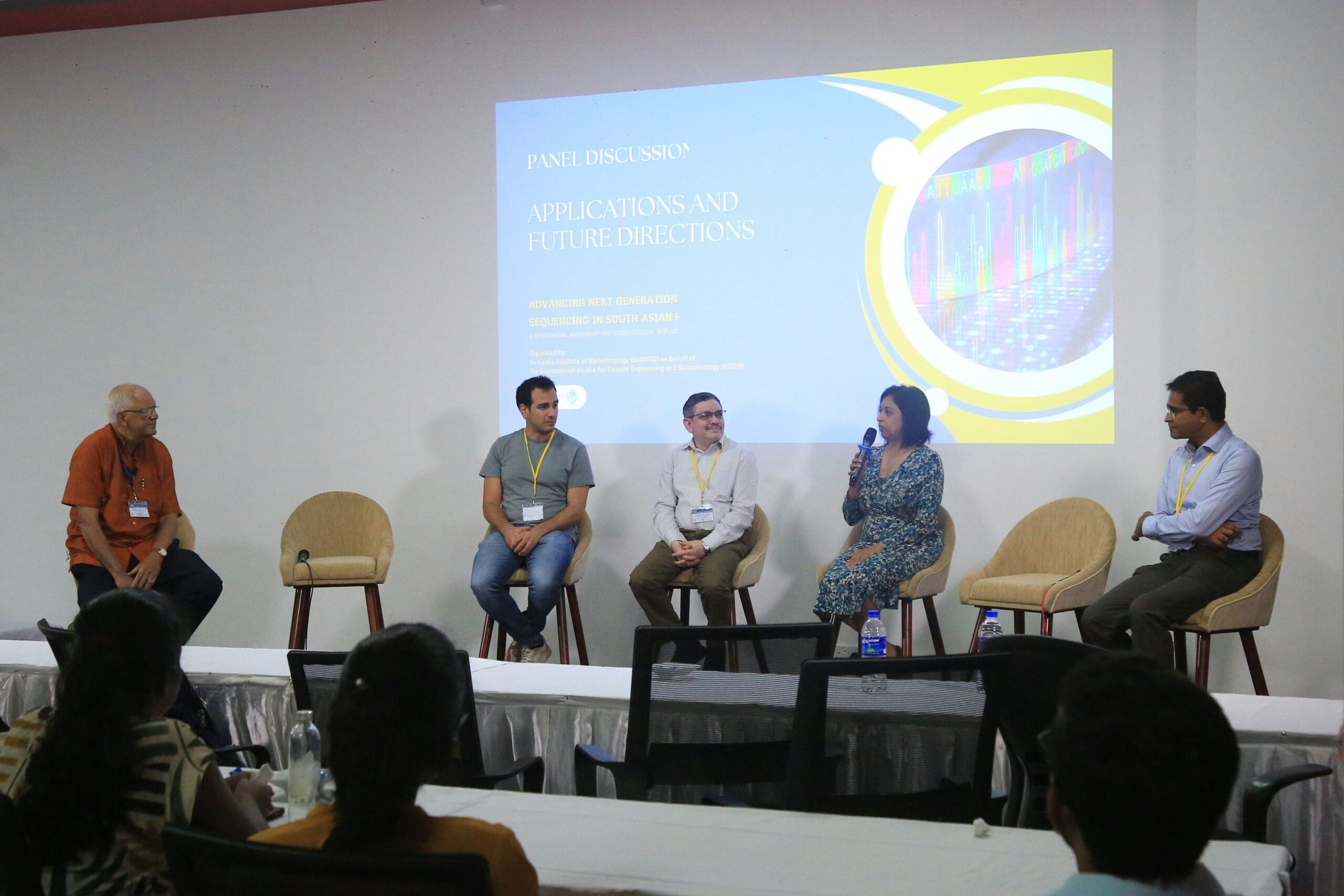
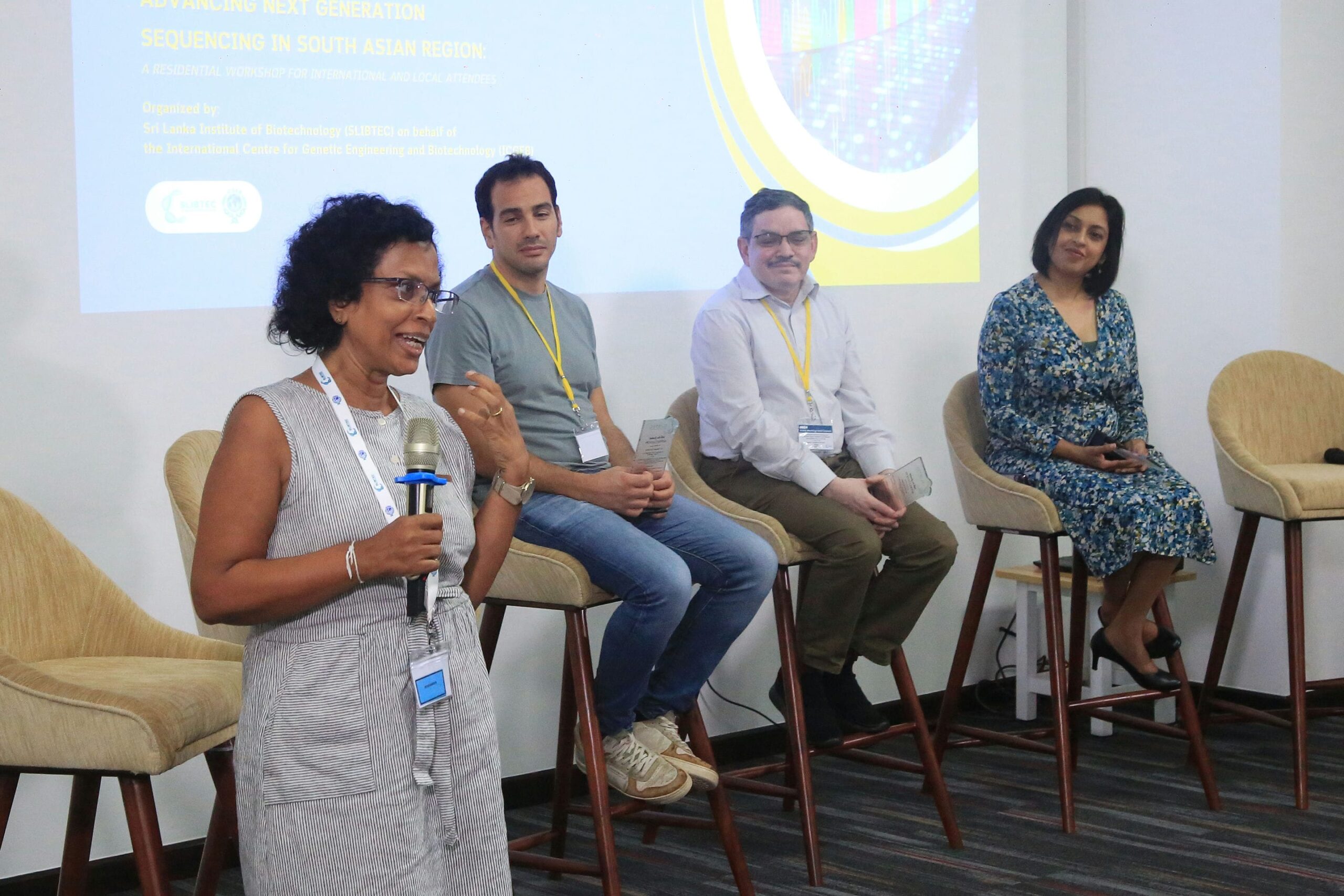




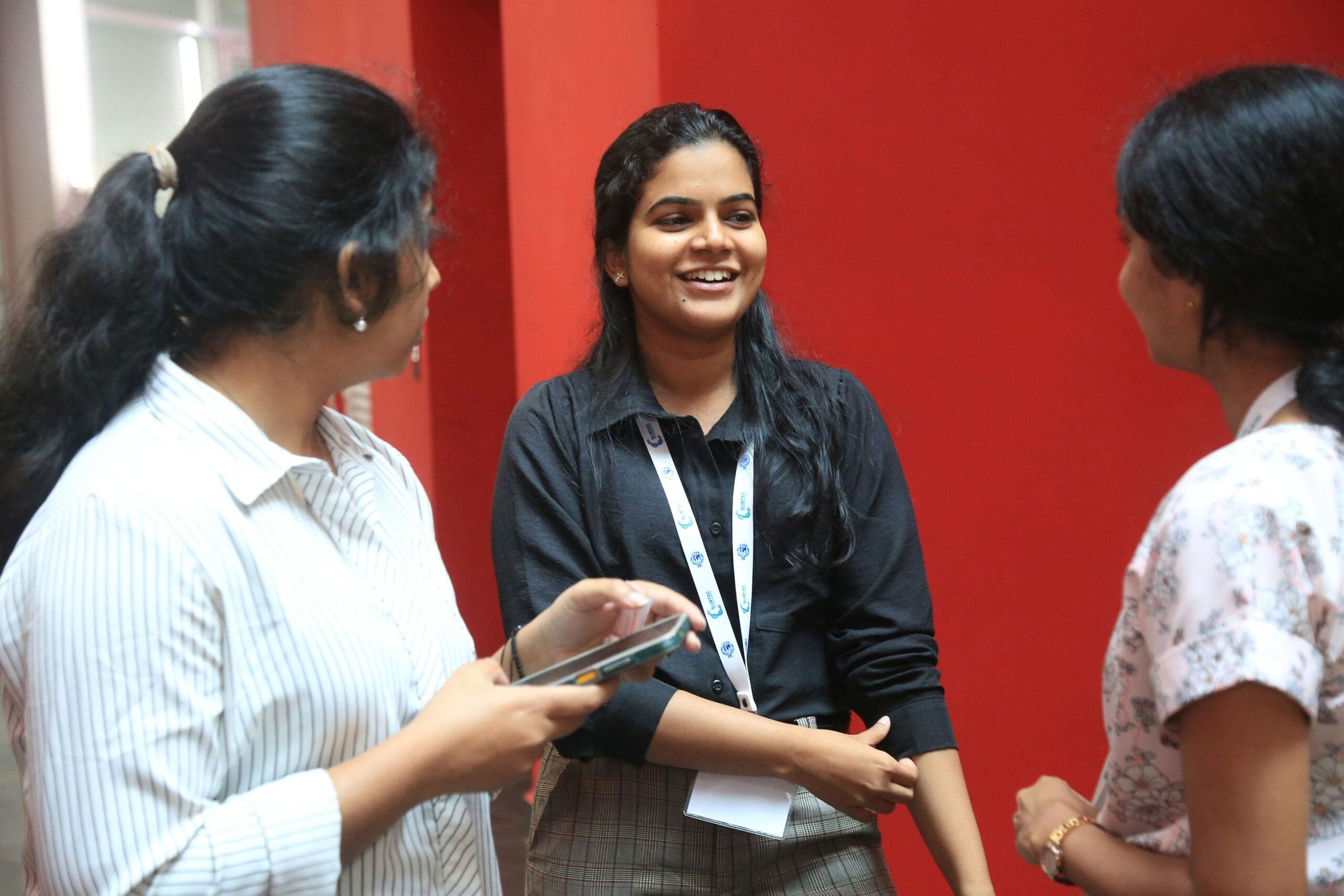






Sri Lanka Institute of Biotechnology (SLIBTEC) on behalf of the International Centre for Genetic Engineering and Biotechnology ICGEB organized this residential workshop. We extend our heartfelt gratitude to all the international and National attendees who made this event a resounding success!
The inauguration of this workshop took place on the 06 May 2024. The Honorable Minister of Education, Dr. Susil Premjayantha, was the Chief Guest. We were also honored by the Honorable Ambassador of Italy to Sri Lanka, Damiano Francovigh, whose presence added prestige and significance to the event.
Foreign participants from India, Bangladesh, Egypt, and Yemen, as well as national participants, enriched the workshop with diverse perspectives and insights.
Throughout the workshop, we delved deep into cutting-edge advancements in Next Generation Sequencing (NGS) technologies, fostering knowledge exchange and collaboration among participants. From exploring genomic applications to discussing computational analysis techniques, every session was enriching and insightful.
We extend special thanks to our esteemed speakers and sponsors, whose dedication and support made this event possible. Their contributions have undoubtedly paved the way for further advancements in genomics research within the South Asian region.
To all participants, keep the momentum going! Let’s continue to push boundaries, innovate, and drive progress in the field of genomics.


